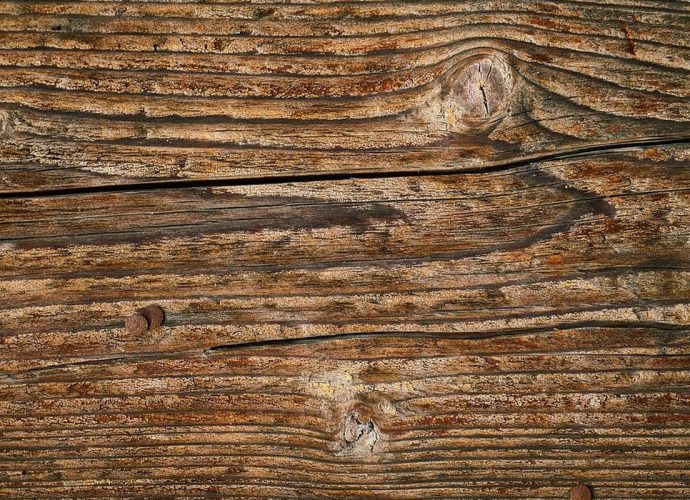Can I Use Distilled Water In Place Of Deionized Water?
The first alternative to distilled water is mineral water. This is the most common type of water you’ll find for drinking. It contains a lot of minerals, including magnesium, iron, sulfate, calcium, and potassium. In fact, mineral water tends to contain between 200 and 250 PPM of total dissolved solids.Read More →




